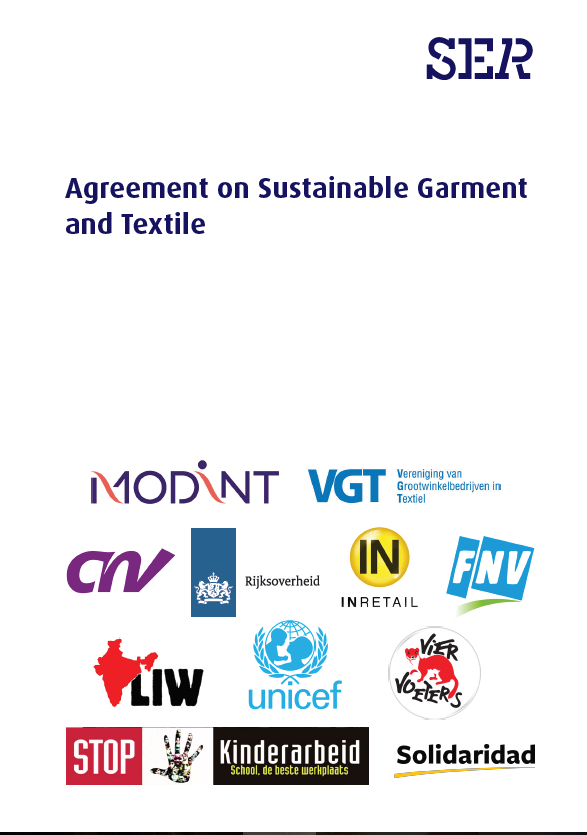Responsible Business Conduct in Times of War: Implications For Essential Goods and Services Providers in Ukraine
News & AnalysisGuidanceStandards & Codes of ConductAccess to essential goods and services during war is critical. In many cases, people’s lives depend on it. The subject introduces many complex questions. What goods and services are essential in the war? Is it the exclusive responsibility of the s...Read More

